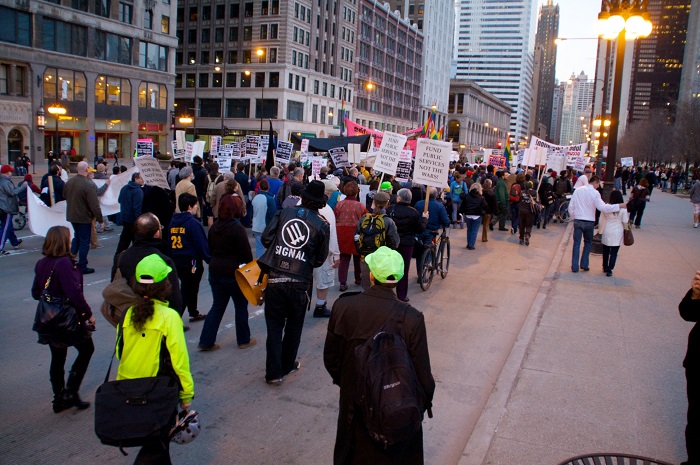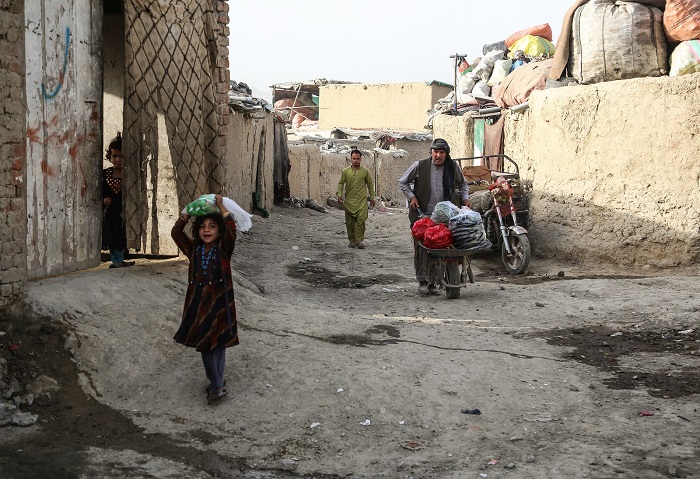world news online news
By Jay Deshmukh & Qubad Wali
An Afghan academic who caused a storm by quitting and tearing up his degree certificates on live television to protest the ban on women in universities has vowed to fight the order “even if it costs my life”. online news
Ismail Mashal, a lecturer in journalism for more than a decade at three universities in Kabul, shred his qualifications and resigned from the institutions after the ban was issued this month.
“I’m raising my voice. I’m standing with my sisters… My protest will continue even if it costs my life,” Mashal, 35, told AFP at his office in the Afghan capital.
“As a man and as a teacher, I was unable to do anything else for them, and I felt that my certificates had become useless. So, I tore them.”
Footage of his outburst on Tuesday on TOLOnews, a leading private television channel, went viral on social media, leading to criticism by some supporters of Afghanistan’s Taliban authorities.
In the deeply conservative and patriarchal society, it is rare to see a man protest in support of women, but Mashal said he would stand up for women’s rights.

“In a society where books and pens are snatched away from mothers and sisters, it will only lead to crimes, poverty, and humiliation,” he said.
Authorities say the ban on women attending university was imposed because they were not observing a strict Islamic dress code.
But Mashal, who also runs an educational institute for men and women, dismissed that justification.
“They told us to implement the wearing of hijabs for women — we did that. They told us to segregate classes — we did that too,” he said, dressed in a black suit.
“The Taliban have so far not given any logical reason for the ban, which is affecting about 20 million girls.”
God given right
The ban had no basis in Islamic sharia law, he added.
“The right to education for women has been given by God, by the Koran, by the Prophet (Mohammed), and our religion,” said Mashal as he held religious books.
“So, why should we look down on women?”
While the Taliban promised a softer regime when they returned to power in August last year, they have instead imposed harsh restrictions on women — effectively squeezing them out of public life.

Last week, authorities also ordered all aid groups to stop women employees from coming to work.
Secondary schools for girls have been closed for over a year, while many women have lost jobs in government and are being paid a fraction of their salary to stay home.
Women have also been barred from going to parks, gyms and public baths. They are blocked from travelling without a close male relative and must cover up in public.
“In my view, we are becoming regressive,” said Mashal, whose wife lost her job as a teacher after the Taliban returned.
He is worried for his daughter, who is in sixth grade, the last year of primary school, after which the ban on education takes effect.
“I don’t know how to tell her to stop studying after grade six,” he said. “What crime has she committed?”
qb-jd/axn
Agence France Presse. All rights are reserved.
world news online news
Notes from APS Radio News
The “Costs of War”, a project affiliated with Brown University, has itemized the costs associated with the wars in Iraq and in Afghanistan:
Over 801,000 people have died in the post-9/11 wars due to direct war violence, and several times as many due to the reverberating effects of war
Over 335,000 civilians have been killed as a result of the fighting
37 million — the number of war refugees and displaced persons
The US federal price tag for the post-9/11 wars is over $6.4 trillion
The US government is conducting counterterror activities in 85 countries
The wars have been accompanied by violations of human rights and civil liberties, in the US and abroad.
In addition, the website makes mention of this fact: Since the commencement of these wars, there have been 30,177 suicides of veterans of these wars.
According to a number of economists, the expenditure of vast sums of money—trillions of dollars—on these wars has reduced substantially the purchasing power of the dollar.
Observers have called inflation a “hidden tax”.
During the 1990’s the Clinton administration gave tacit if not explicit support to the Taliban government that took over the country during that time after over a decade of US and Soviet interventions in Afghanistan in the 1980’s.
During the late 1970’s then National Security Advisor Zbigniew Brzezinski oversaw surrpetitious intervention, which, in its turn, caused the secular government in Afghanistan to petition the Soviet Union to intervene.
According to the author Jean-Charles Brisard, in the summer of 2001, representatives of the Bush Administration and those of Unocal held a series of meetings with representatives of the Taliban government, for the purpose of obtaining rights of way for the emplacement & construction of a massive pipeline.
When the negotiations came to grief, Bush representatives threatened the Taliban with attacks against the country, Mr. Brisard described in his book, “Forbidden Truth”.
Following the commencement of Soviet and US intervention in Afghanistan in the 1980’s, the country devloved into spheres of influnece dominated by various warlords.
The Pashtuns are the largest ethnic group in Afghanistan; they form a substantial precentage of the population on both sides of Afghanistan’s border with Pakistan.
The Taliban are comprised of members of the Pashtuns, which are the largest ethnic group in Afghanistan.
During the 1960’s and 1970’s, compared to the the 1990’s and beyond, Afghanistan had governments that were deemed more secular.
During that time women attended schools and were more likely to wear Western type clothing.
As a result of actions and policies implemented National Security advisor, Zbigniew Brzezinski, during the Carter administration, the government in Afghanistan in the late 1970’s requested Soviet assistance.
After the Soviet armed forces had entered Afghanistan, the CIA funded and armed groups like the Mujahideen and other militant Islamists.
world news online news


